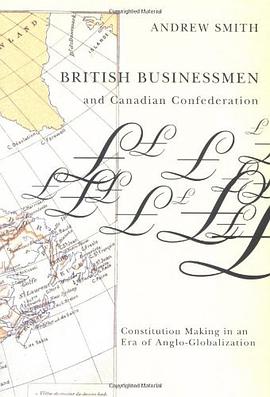

具體描述
Without pressure from a small but influential group of London financiers, Confederation would not have occurred in 1867, if at all. These financiers supported the unification of the British North American colonies because they believed it would rescue their under-performing investments and keep British North America within the British Empire. Andrew Smith discusses the role of British investors in Canadian Confederation, covering the period from the construction of the Grand Trunk Railroad in the 1850s to Canada's purchase of Rupert's Land in 1869-70.He describes how some investors lobbied the British government for the policies that made Confederation possible, working closely with the Fathers of Confederation, many of whom were participants in the same trans-Atlantic crony-capitalist system. British factory owners with classical liberal beliefs, however, disliked Confederation because they believed it would delay the political independence of the North American colonies, something they saw as beneficial. "British Businessmen and Canadian Confederation" reminds Canadians that most contemporaries of Confederation saw it as a way to preserve the colonists' bonds with Britain rather than to expand their political autonomy. It should interest a wide audience - from students of Canadian political history to historians interested in Victorian globalization.
著者簡介
圖書目錄
讀後感
評分
評分
評分
評分
用戶評價
相關圖書
本站所有內容均為互聯網搜索引擎提供的公開搜索信息,本站不存儲任何數據與內容,任何內容與數據均與本站無關,如有需要請聯繫相關搜索引擎包括但不限於百度,google,bing,sogou 等
© 2025 book.quotespace.org All Rights Reserved. 小美書屋 版权所有




















